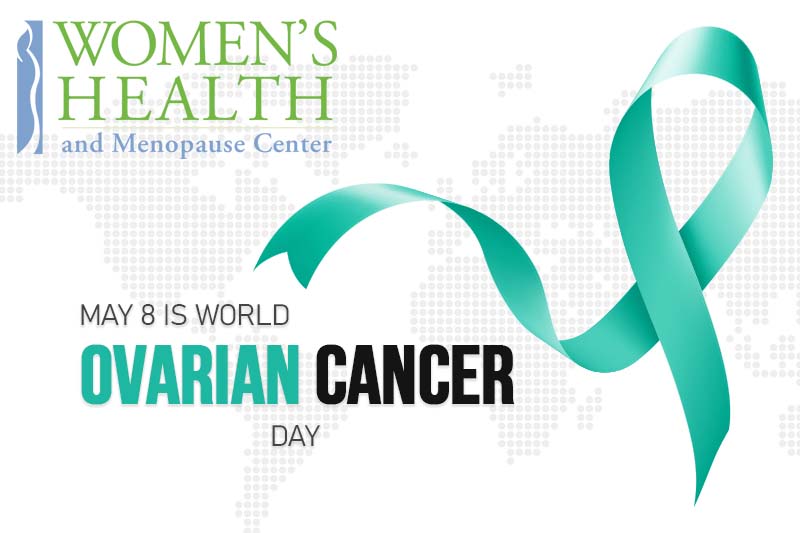How to Protect Yourself from Ovarian Cancer

Fourteen thousand women die each year from ovarian cancer. Forty-seven percent of women diagnosed with ovarian cancer have a five-year survival rate. Early symptoms of ovarian cancer often go undiagnosed. Ovarian cancer is usually caught late, which leads to lower chances of survival. This leads to higher chances for medical complications.
Oral Contraceptives
The use of birth control pills decreases the risk of ovarian cancer for average-risk women. Women who use birth control five or more years have a fifty percent lower risk of ovarian cancer. This method may not be safe for everyone, so you should consult with your doctor.
Gynecologic Surgery
Tubal ligation and hysterectomy can reduce specific types of ovarian cancer. These medical procedures must be done for their intended purpose, not for preventing ovarian cancer. If you are having a hysterectomy and you have a family history of ovarian or breast cancer, then consider having both fallopian tubes and ovaries removed during the procedure.
Checkups
Regular OB/GYN check-ups include a pelvic exam, during which the doctor manually examines you for any pain or enlargement in the area of your ovaries. Imaging tests such as transvaginal ultrasounds or CT scans can help determine the cause of any problems. Your doctor may recommend a CA 125 blood test, which looks for markers of ovarian cancer in the bloodstream.
It is important to visit your OB/GYN regularly to ensure reproductive health. If not diagnosed soon enough, ovarian cancer can cause serious medical complications or death. Women should visit their gynecologist once a year and as necessary in-between visits as issues arise. Contact Women’s Health for an appointment today.




